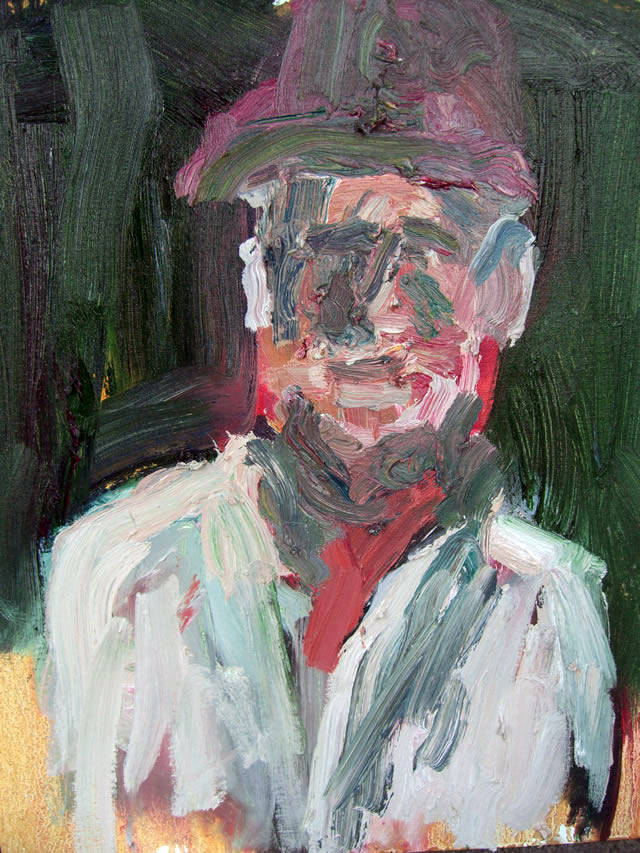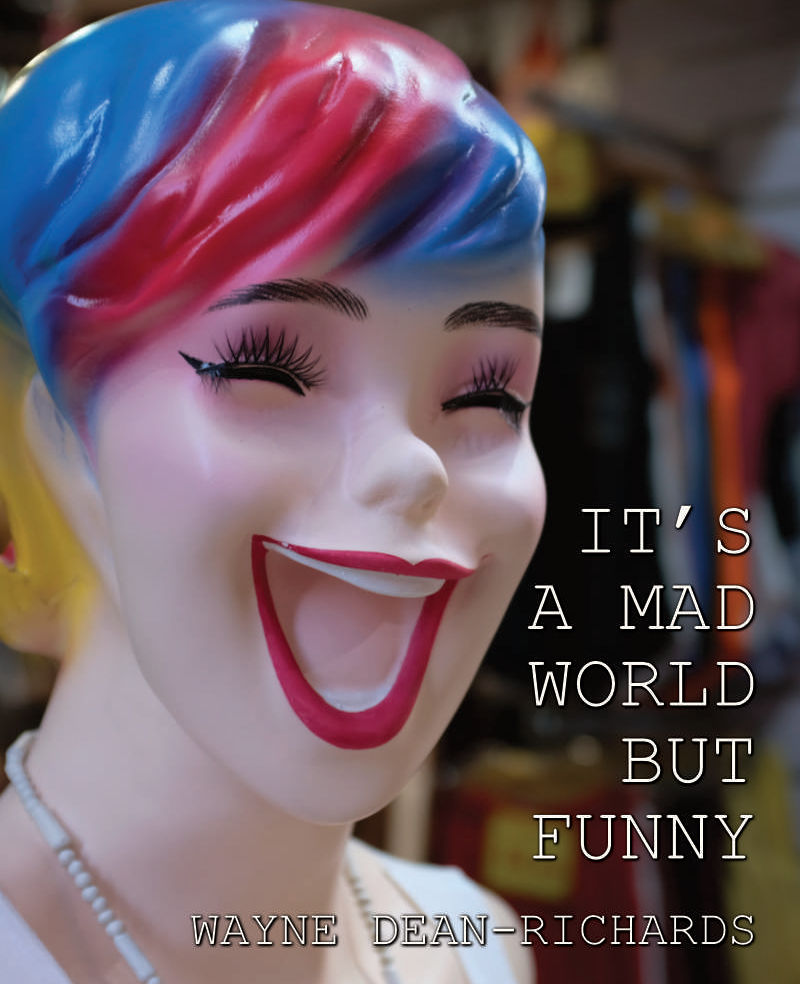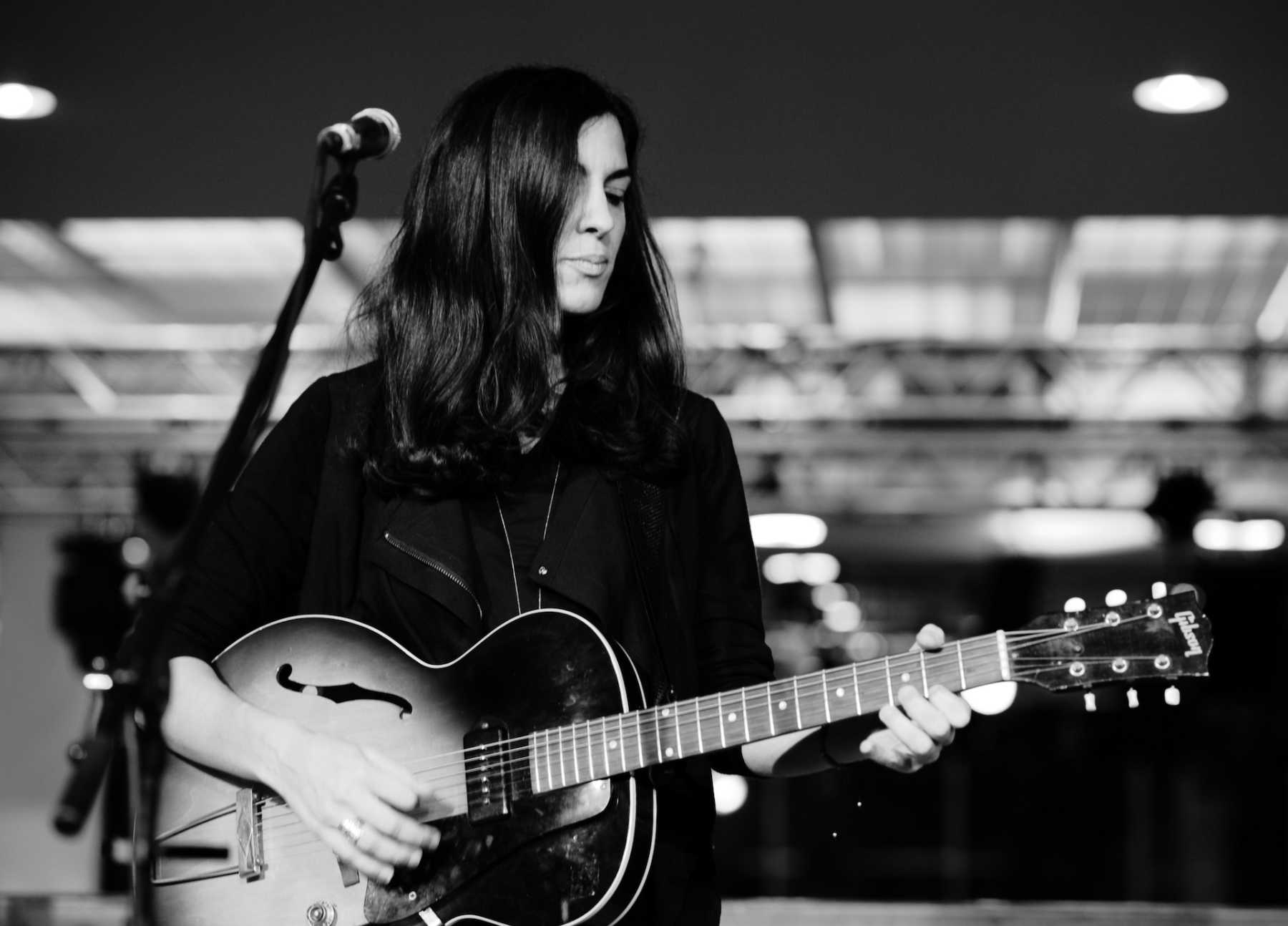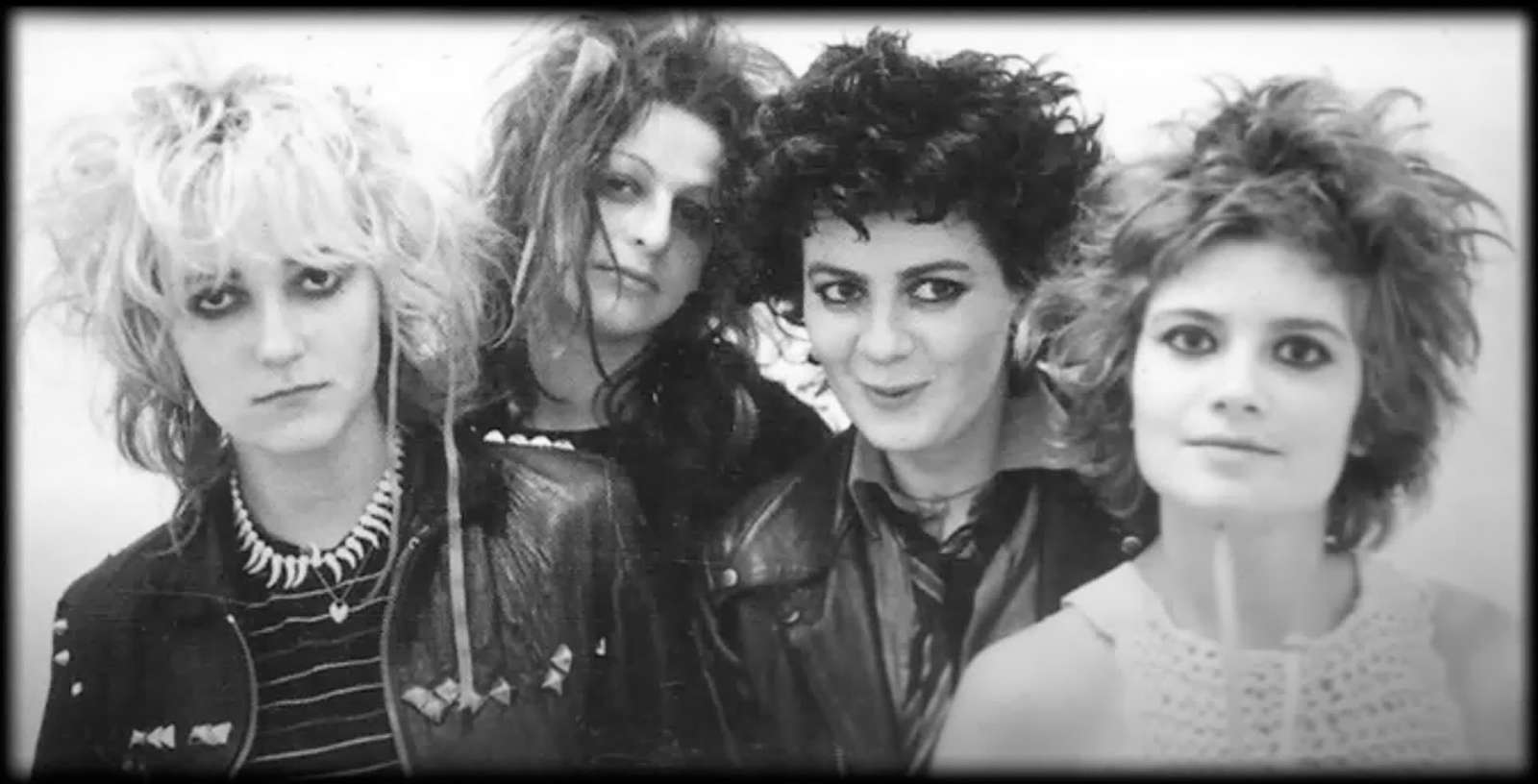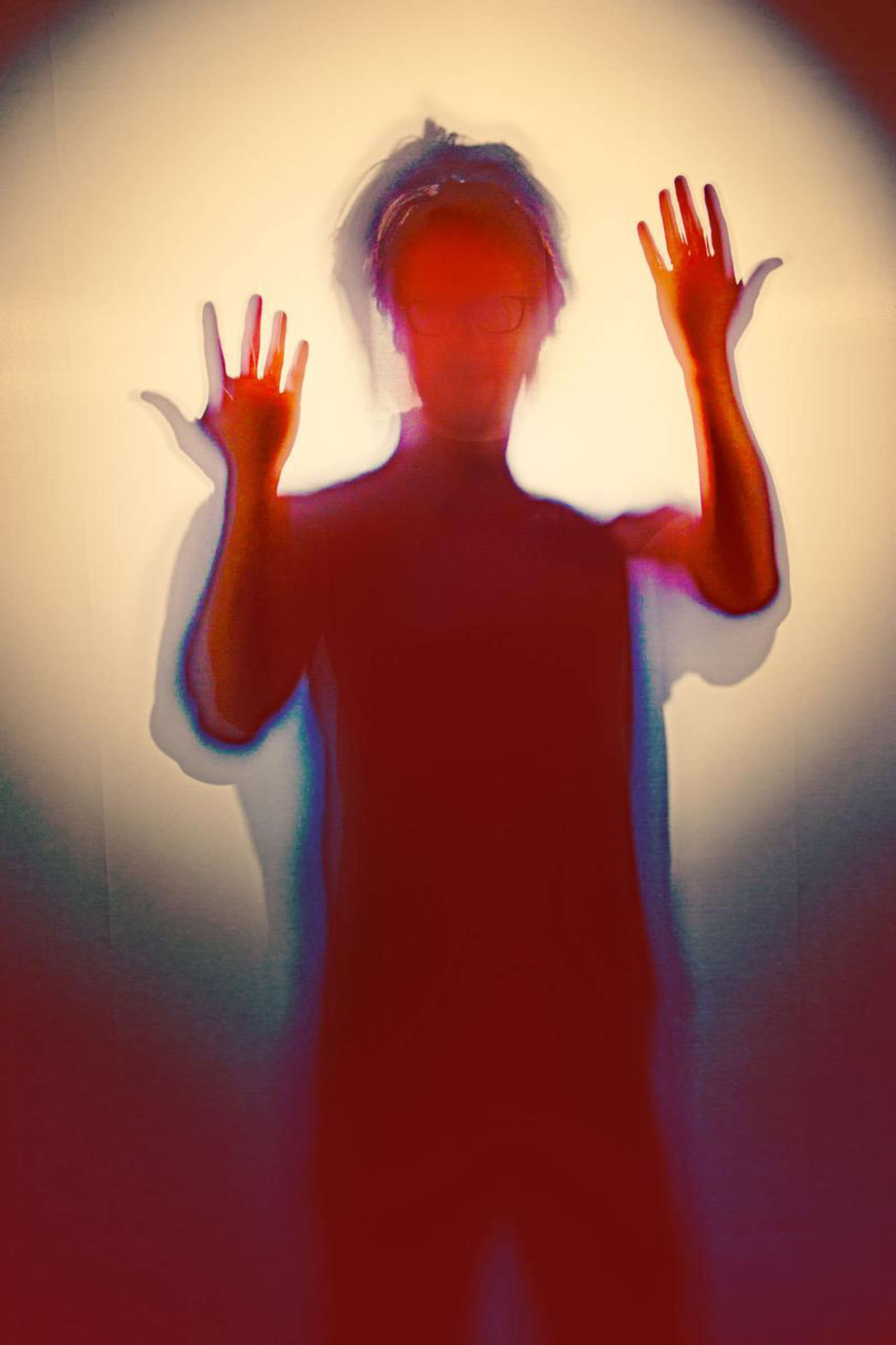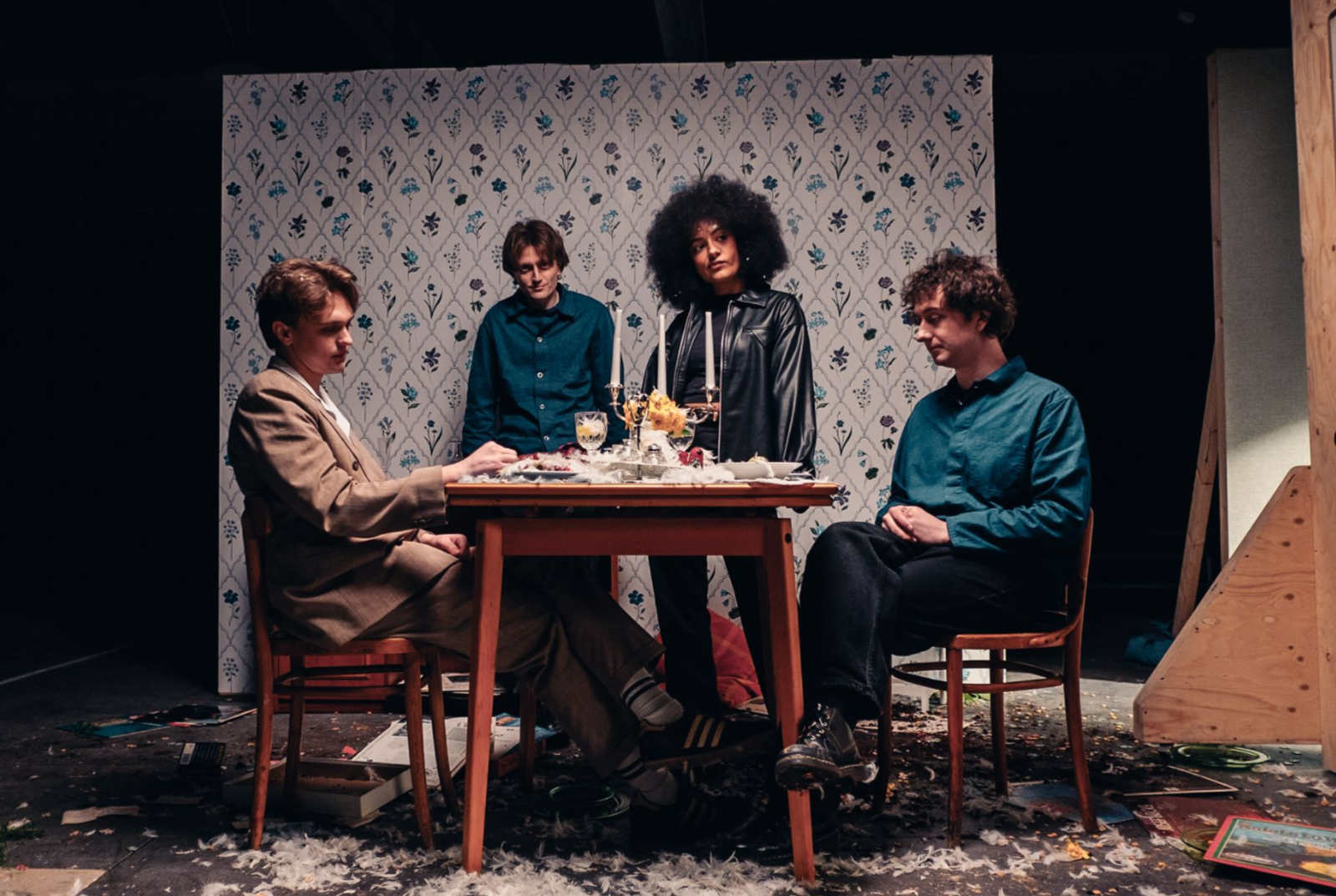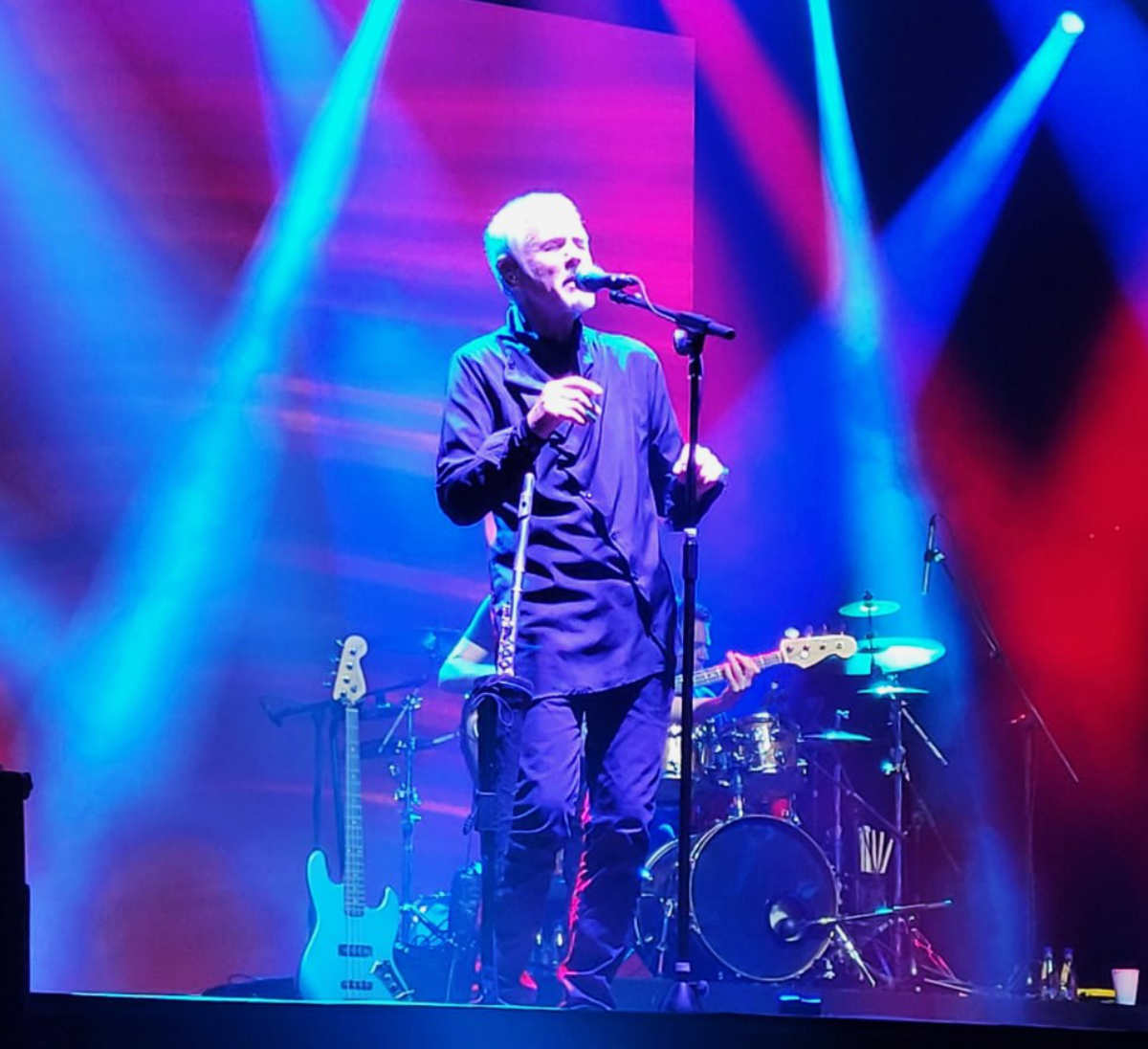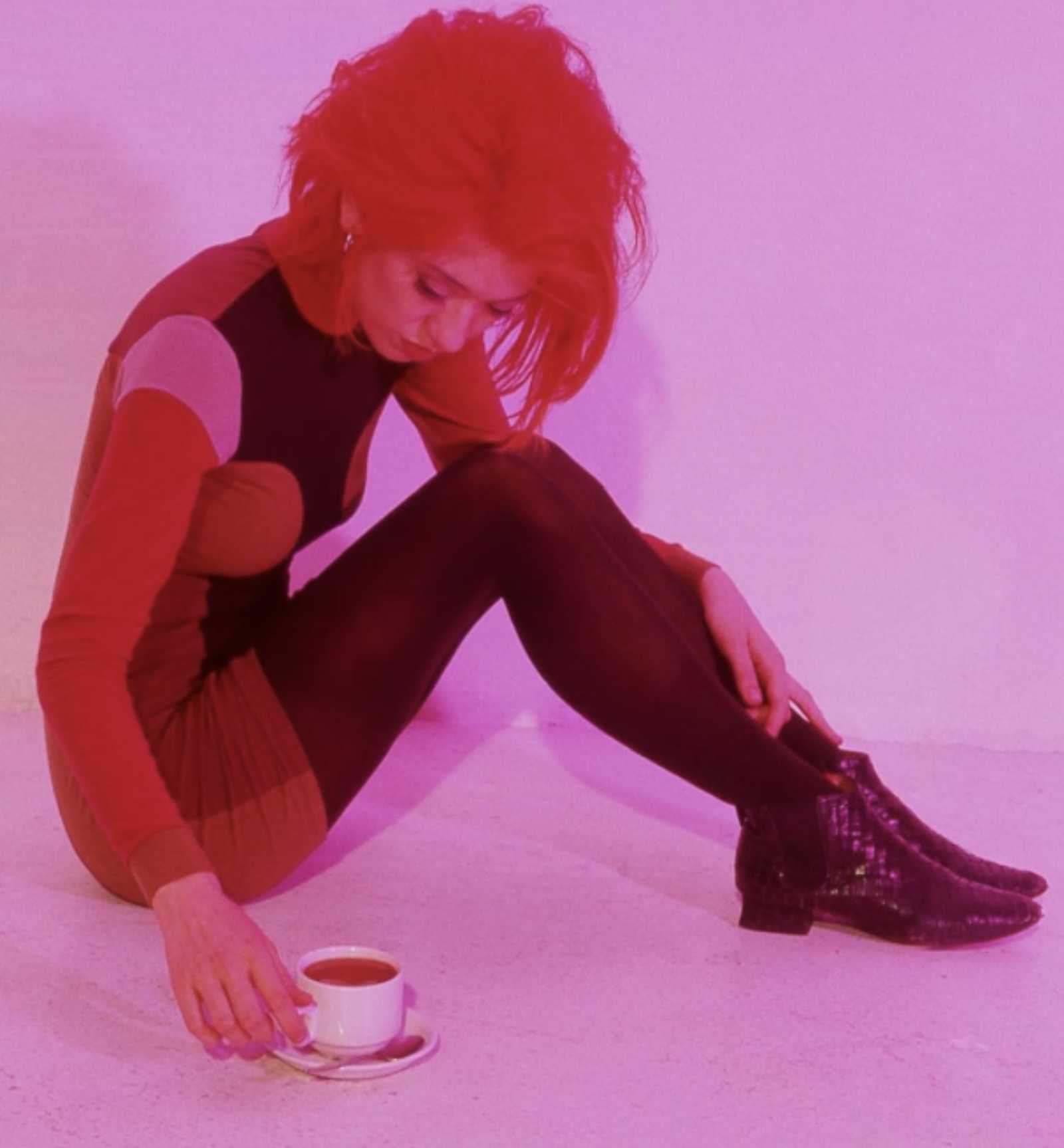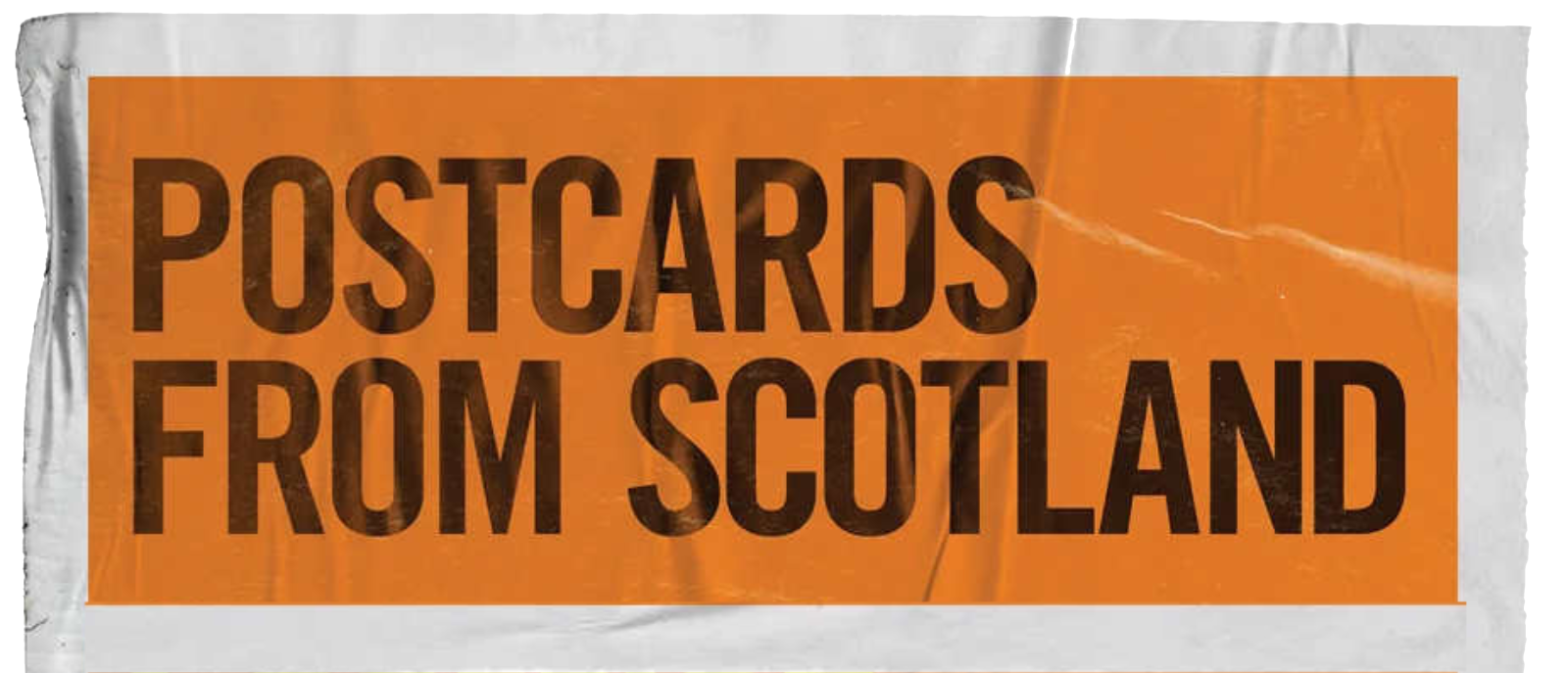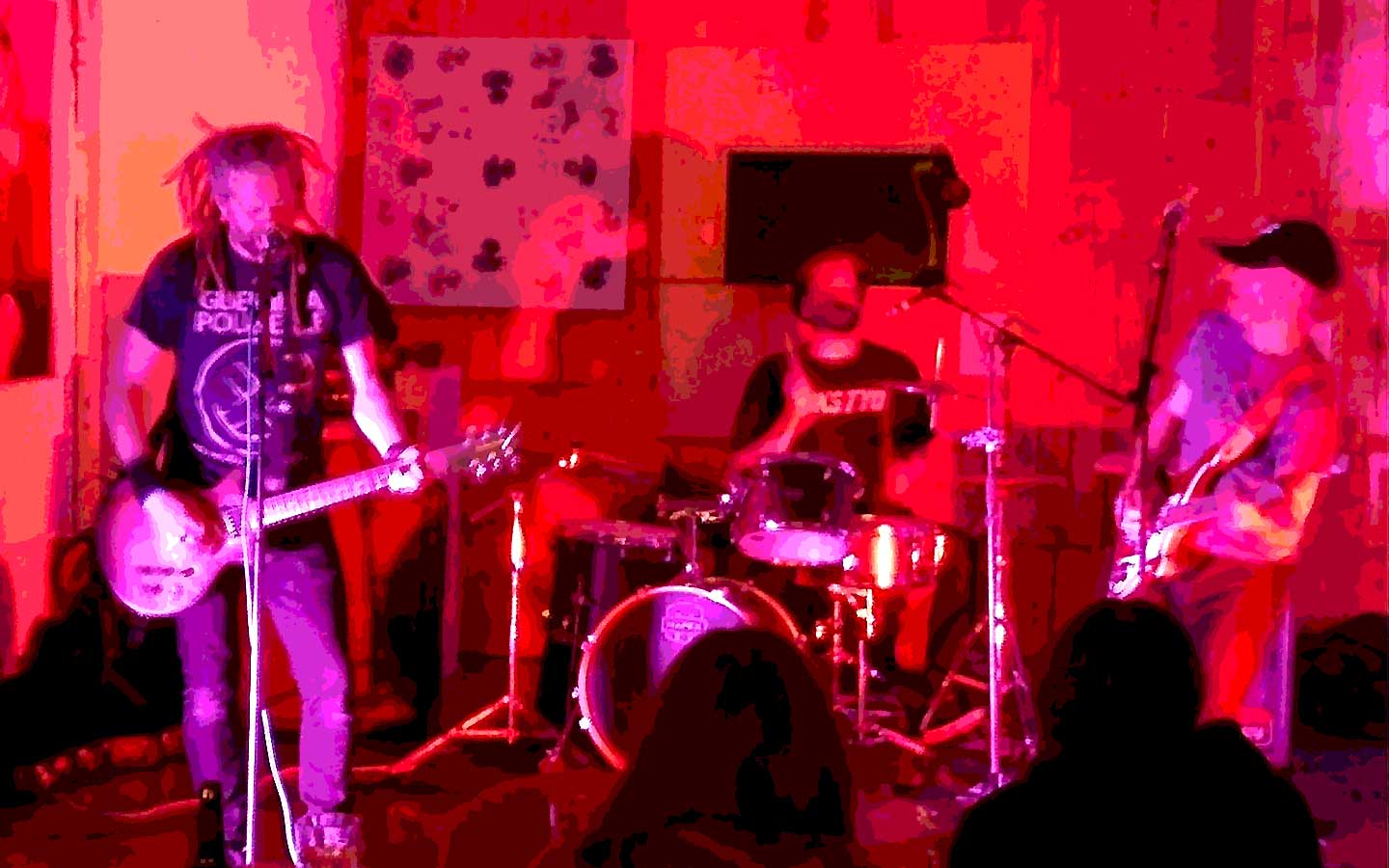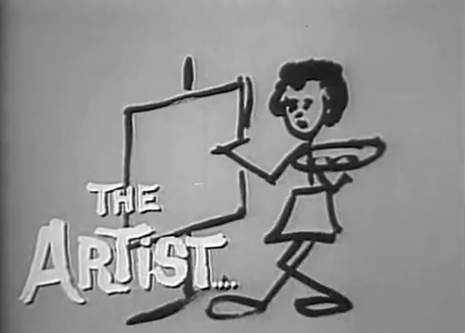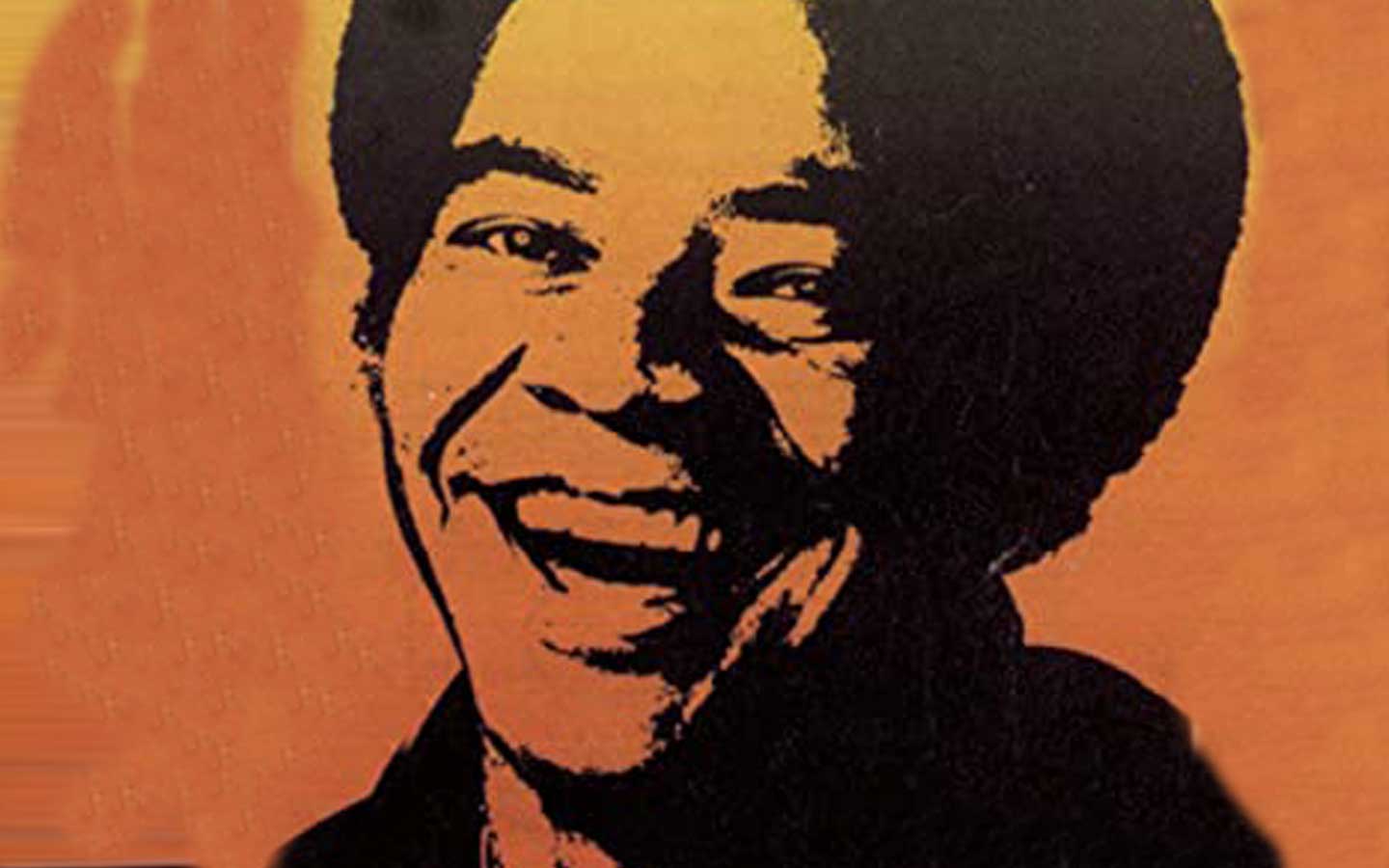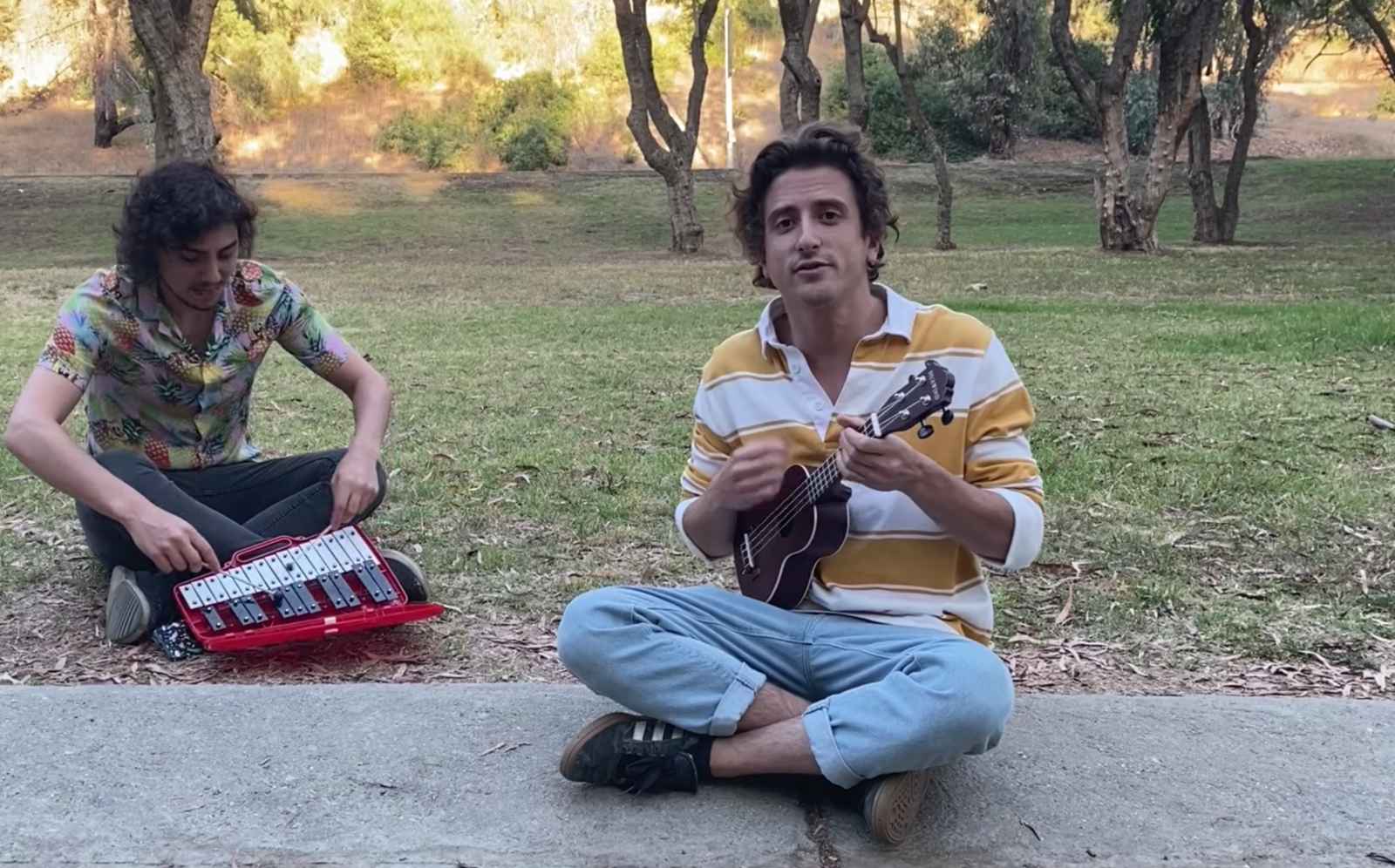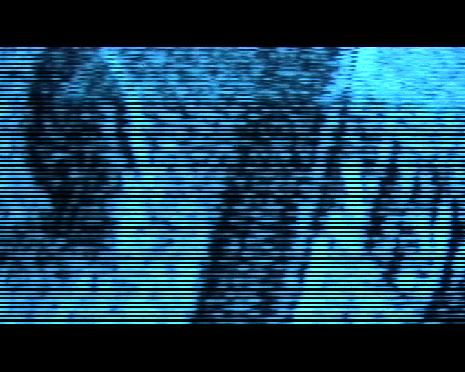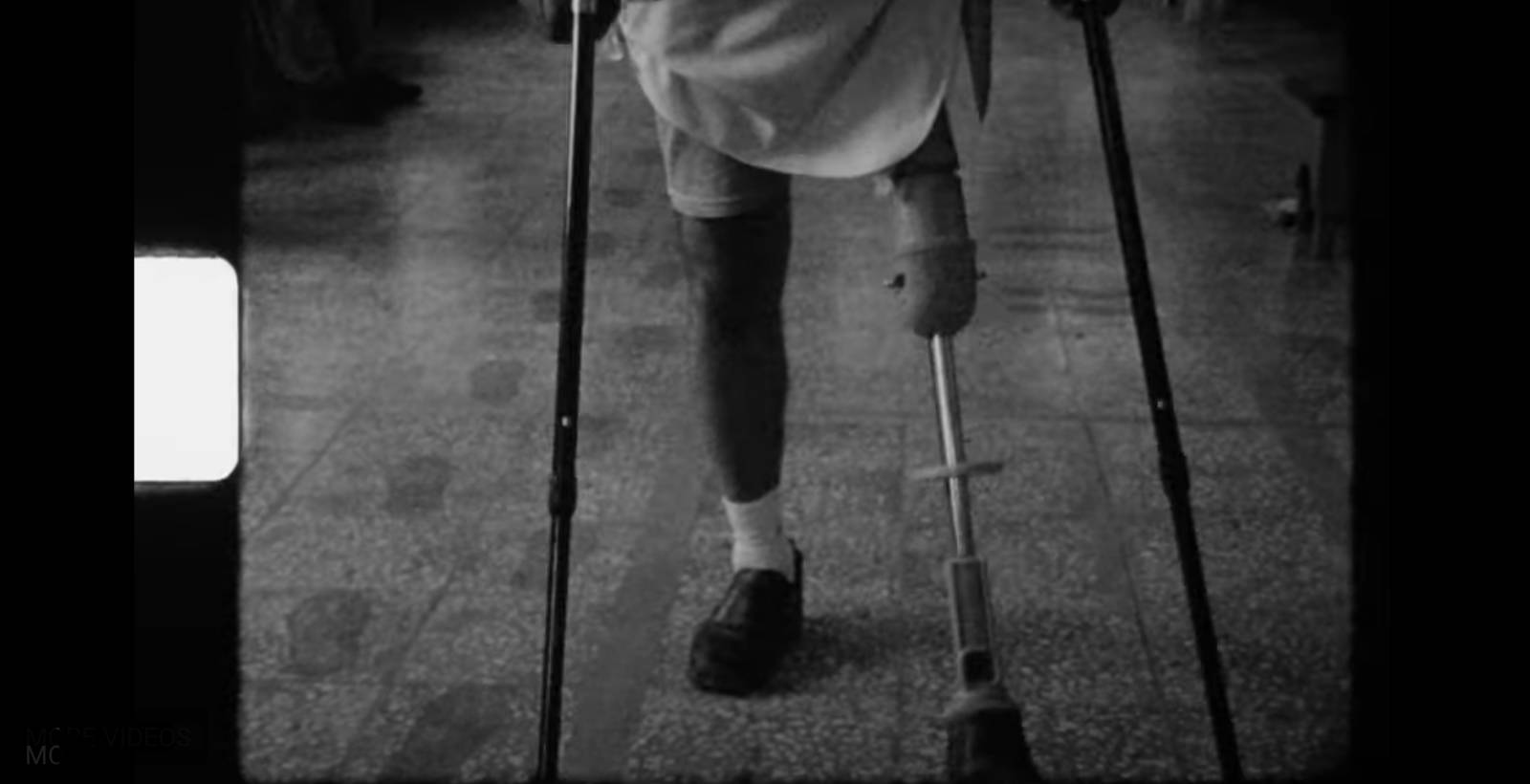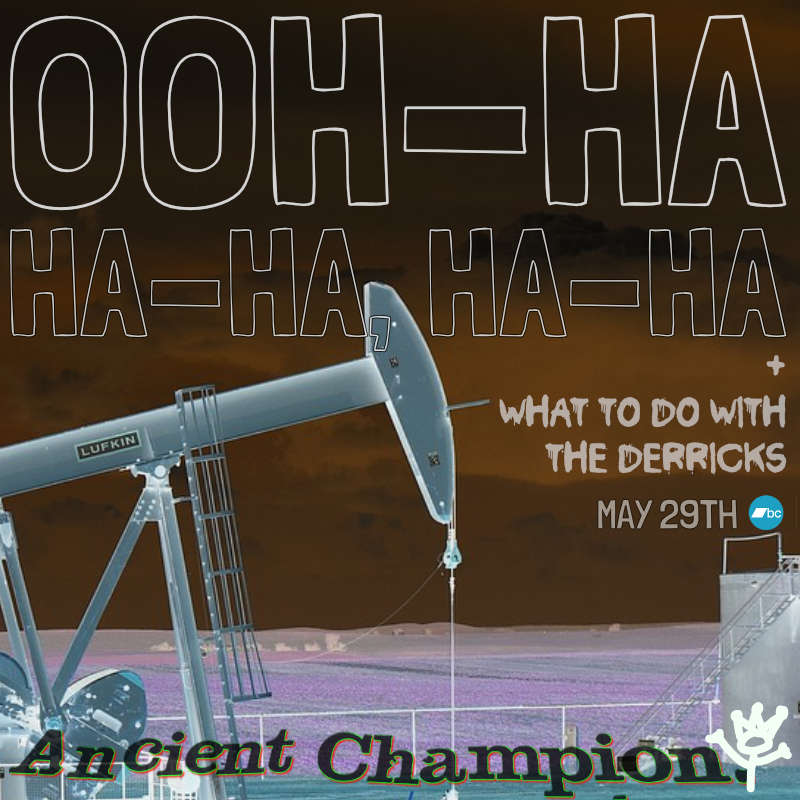Marc Wasserman heard ska and reggae for the first time when he was a teenager, it changed his life. "I loved the sound, the look and the energy." He says. Not long after he picked up his first bass guitar and founded the band eventually who became, Bigger Thomas, holding the distinction of being the first ska band from New Jersey. Pretty cool so far, right? The popularity of Bigger Thomas enabled him to meet and play with many of his ska heroes. A dedicated blogger since 2008, Marc's new book, Ska Boom! An American Ska and Reggae Oral History has been published by DiWulf Books...
OUTSIDELEFT: Can you talk about Ska Boom and how maybe you chose this style, an oral history to get to the roots of American Ska?
Marc Wasserman: The eighteen bands featured in Ska Boom were formed and toured before the advent of the Internet and smartphones, so very little is known about them, their origin stories and the important role they played in creating an American ska subculture that continues to thrive in the 21st century. For that reason, I felt that the oral history approach which enables people to share their stories in their own words, with their own voices, through their own understanding of what happened and why made the most sense. I’m also a big fan of musical oral histories. I think they are really the most authenticate way to learn about a specific event, band, album or tour. I also didn’t want my own personal biases to come into play in the book. The book isn’t about me or my opinions. It was really about serving the diverse stories for each group of musicians featured in the book.
OL: I was living in California and of course the biggest of the big names out there was No Doubt, I’d see Gwen at Kinko’s in Fullerton printing flyers for her band or something while I was doing the same thing, but then our music careers diverged! But in some ways while No Doubt rapidly exploded, other bands and other giant bands, like Sublime who were going to be like the festival Grateful Dead of ska for decades to come were sort of outside I think the Moon Records, Mustard Plug thing…
MW: Ska Boom! really highlights the '80s ska bands that fueled the regional ska scenes that eventually birthed some of the biggest bands of the '90s. As I state in the introduction to the book: "Without Bim Skala Bim there is no Mighty Mighty Bosstones; Without The Uptones there is no Rancid. Without The Untouchables there is no Reel Big Fish. Without Gangster Fun there is no Mustard Plug or Suicide Machines. Without The Toasters, The Boilers, Beat Brigade and Second Step there is no Bigger Thomas." All these bands are the inspiration for all the bands that came later. And I want to make sure they get the credit there are due.
OL: At that time, I sort of saw Ska as having been on hiatus in the UK for a long time. Since the end of the Specials, as such, as a movement. But Jerry Dammers had put together the essential, Music, Arts, Fashion + (unavoidable) politics in a racist country. Do you see the American Ska movement as having its antecedents in the UK or Jamaican ska or 60s reggae/ska… What? Where? did it come from?
MW: There are two answers to this question. The first few bands featured in the book – The Shakers, Blue Riddim Band, The Hooters – were really profoundly influenced by Jamaican reggae and in particular the “Harder They Come” film and its soundtrack album. Members of these bands visited or performed in Jamaica so there was a real connection to the island and Jamaican music and culture. Those sounds and experiences inform their songs and music. The rest of the bands in the book all namecheck 2-Tone, particularly The Specials, The English Beat, The Selecter, Madness and Bad Manners. Seeing The Specials perform on Saturday Night Live was a “lightning bolt moment” for a lot of young musicians who went on to form band’s around the U.S. The look and sound of 2 Tone was what inspired the initial wave of American ska bands. They dressed the part, some picked up mod scooter culture and they had multi-racial line-ups that took their inspiration directly from Jerry Dammer’s vision.
OL: Although it’s interesting too, Ska arrived after a period where American punk rock hardcore was in the ascendancy, critically. There’s a crossover...
MW: Yes. It’s interesting how in the very beginning there was a crossover between ska and punk/hardcore. The Boxboys from Los Angeles were for a time in the late 70s and early 80s, the only ska band in the city, so they often played shows with punk and hardcore and heavy metal bands. They told me about opening for an early version of Motley Crue. They were also booked to open for Joy Division’s first US show which never happened. A similar situation occurred in New York. A very early version of The Toasters shared rehearsal studio space on the lower east side with the Bad Brains and Cro-Mags. It wasn’t uncommon for hardcore matinees at CBGBs to include rude boys and rude girls and vice versa. Initially, the scenes and bands supported one another.
OL: Do you have favorite shows or venues or scenes that you can recall?
MW: There was nothing like seeing a ska show at CBGBs in New York in the mid 80s. I had my “lightning bolt” moment about deciding to learn how to play and instrument and to start a my band while in the middle of a heaving dancefloor while watching Bim Skala Bim, The Toasters and The Boilers. It was lifechanging. Plus, the New York ska scene was diverse and pretty tight knit. I spent a lot if time playing at and seeing shows at City Gardens in Trenton, NJ. That was definitely my musical home and the promoter who booked the club -- Randy Now – loved ska and ska music. Because of that love for the music and culture, he helped to build a ska scene at the club that my band Bigger Thomas was a part of. Without him and the kids who came to see us there opening for a variety of big ska, punk and reggae bands – we would have never built a following.
OL: What if I asked you to list your top ten favorite, maybe most influential American Ska records… Of all time... Why do they matter?
MW: These ten albums are some of my favorites and provide an essential snapshot of the roots of American ska (and reggae) and reflect the diversity of sound and styles that would give rise to both both traditional ska, pop ska and ska punk.
The Untouchables - Live and Let Dance (1984)
Bim Skala Bim – Bim Skala Bim (1986)
Fishbone – Fishbone (1985)
Blue Riddim Band – Alive In Jamaica (1984)
The Boilers – Rockin’ Steady (1988)
Mephiskapheles – God Bless Satan (1994)
6 Feet Under – Spaghetti Face (1989)
NY Beat Hit & Run Compilation (1986)
Gangster Fun – Time Flies When You’re Gangster Fun (1992)
Operation Ivy – Energy (1989)
Main Image: Marc Wasserman
Ska Boom! An American Ska and Reggae Oral History by Marc Wasserman is available here from DiWulf Books

